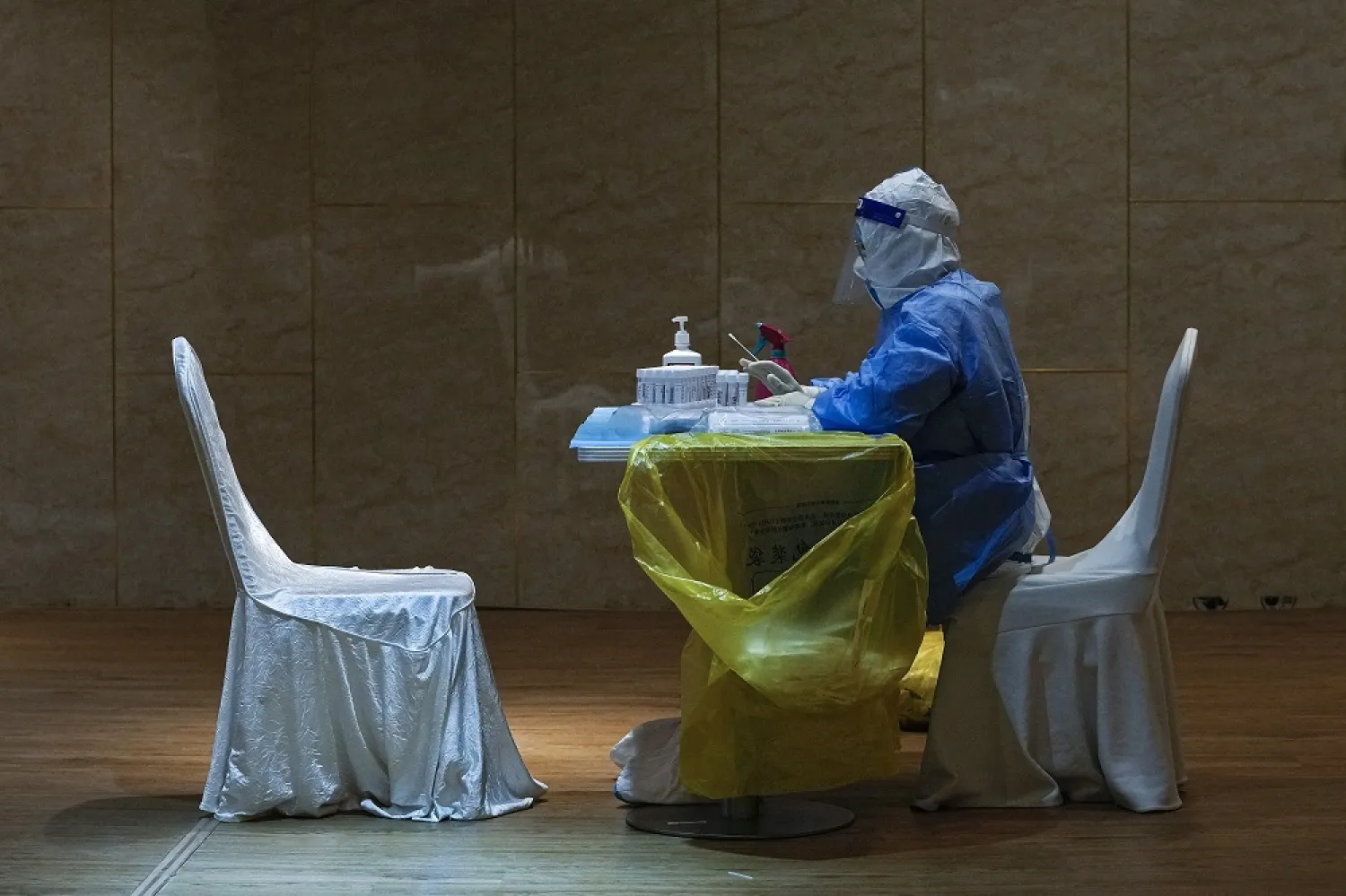The World Health Organization (WHO) is still working to identify the origins of the COVID-19 pandemic, its director general said on Friday, after a US agency was reported to have assessed the pandemic had likely been caused by a Chinese laboratory leak.
"I have written to and spoken with high-level Chinese leaders on multiple occasions as recently as just a few weeks ago... all hypotheses on the origins of the virus remain on the table," said WHO Director-General Tedros Adhanom Ghebreyesus.
The Wall Street Journal reported on Sunday that the US Energy Department had concluded the pandemic likely arose from a Chinese laboratory leak, an assessment Beijing denies.
"I wish to be very clear that WHO has not abandoned any plans to identify the origins of the COVID-19 pandemic," Tedros said.
The US Energy Department made its judgment with "low confidence" in a classified intelligence report recently provided to the White House and key members of Congress, the Journal said, citing people who had read the intelligence report.
Four other US agencies, along with a national intelligence panel, still think COVID-19 was likely the result of natural transmission, while two are undecided, the Journal reported.
Maria Van Kerkhove, the WHO's technical lead on COVID-19, expressed frustration on Twitter on Thursday that the United States had not shared additional information with the WHO on its reports assessing the origin of the virus.
On Friday, she urged countries, institutions and research groups that might have any information on the origins of the pandemic to share it with the international community.
"We don't completely have the answers to how this pandemic began and it remains absolutely critical that we continue to focus on this," she said.
She said it was crucial to study coronaviruses circulating in animals and how people come into contact with those animals.
"Our work continues on this space: looking at studies in humans, looking at studies in animals, looking at studies at the animal human interface, and also looking at potential breaches in biosafety and biosecurity for any of the labs that were working with coronaviruses, particularly where the first cases were detected in Wuhan, China, or elsewhere," she said.









